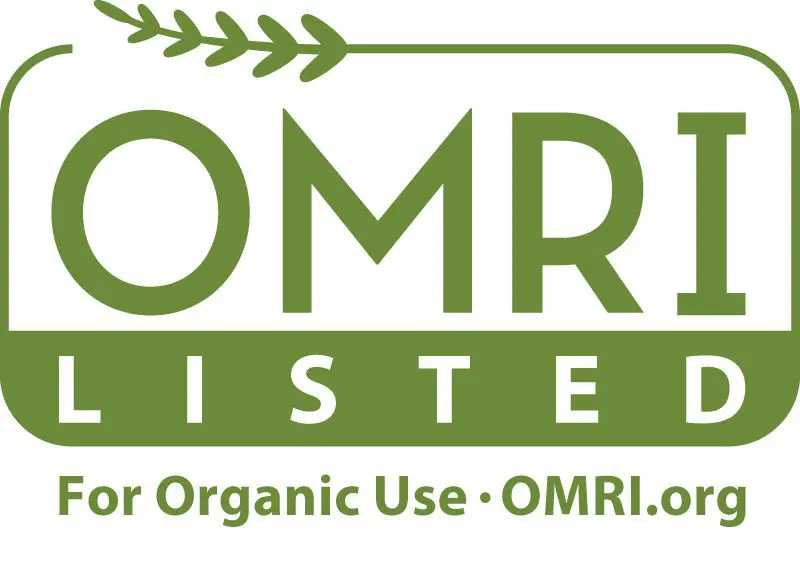
Understanding Ethylene Gas
Learn the secrets behind ethylene gas, the invisible influencer in produce ripening and preservation. Delve into its natural role and discover the importance of controlling ethylene levels for prolonged freshness.


Discovery of Ethylene's Role
The discovery of ethylene's influence on produce ripening occurred serendipitously. Historically, lemon growers stored freshly harvested green lemons in sheds warmed by kerosene heaters until they reached the desired ripeness for the market. Upon modernizing their heating systems, growers observed lemons' ripening process delays. Investigation revealed that ethylene gas, a by-product of kerosene burning, was crucial in expediting ripening.
Natural Functions of Ethylene
Ethylene, often dubbed the "ripening hormone," is pivotal in regulating various plant growth and development processes, including senescence or aging. Fruits, vegetables, and flowers possess receptors that bind to atmospheric ethylene molecules, facilitating their absorption. Common practices like placing fruits like tomatoes, avocados, or bananas in paper bags exploit ethylene's action to accelerate ripening. Ethylene's stimulator effect on produce promotes ripening, aging, and eventual spoilage, mirroring natural processes within refrigerators or closed environments such as truck trailers or warehouses.

Significance of Ethylene Control
Efficient storage of produce holds significant economic importance for the food and floral industries, enabling producers, handlers, and sellers to manage supply and stabilize costs over fluctuating demand periods. However, ethylene-induced losses amount to billions of dollars annually within the industry. Implementing ethylene removal strategies in storage and shipping environments mitigates spoilage, reduces losses, and ultimately enhances profitability.

